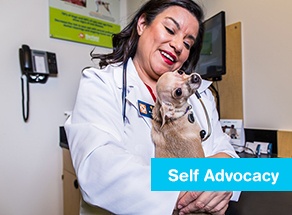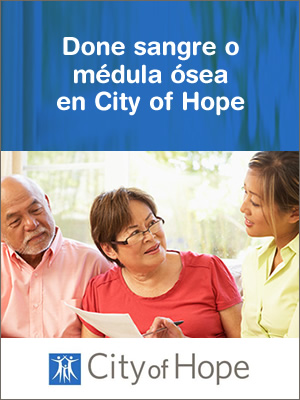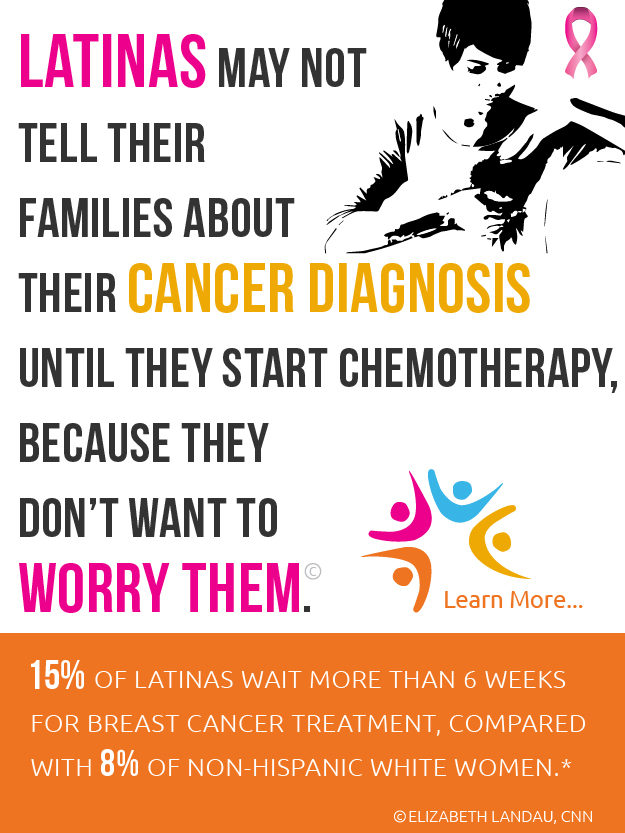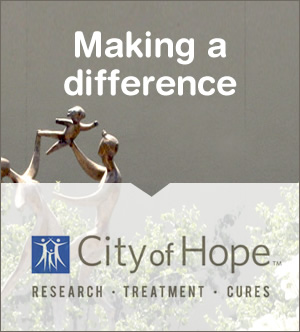Lifestyle
Nearly Half Of Hispanics With High Cholesterol Don’t Realize It
10/09/2015 12:17pm | 7318 views(Reuters Health) - Nearly half of Hispanic adults with high cholesterol are unaware they have the condition, and only a third of them get treatment, a U.S. study finds.
Breast Cancer Awareness
Stacking the Deck: Survivor Story, Part 2
09/09/2015 10:52am | 9760 viewsIn part 1 of this series, Silvia talked about being diagnosed with breast cancer and how it affected her, her family and friends.
After the surgery, we received the good news: my lymph nodes were negative, and there was no indication the cancer had metastasized. I was given treatment options, and in a short time, I knew more about medical treatment and breast cancer than I ever thought I would. I took my daughters and sisters along for the learning. Our family became a breast cancer awareness family. We talked about it, we read about it, and we became active participants in my recovery. My choices for treatment were radiation without chemotherapy or both regimens. I opted for the chemotherapy and radiation, as the chances for a re-occurrence were lower; once again, I wanted to stack the deck in my favor.
Breast Cancer Awareness
Genetic Tests May Miss BRCA Mutations in Latinas, Study Says
04/09/2015 06:00am | 11627 viewsMany diseases are caused by both genetic and environmental factors, but for many breast and ovarian cancers, mutations in the BRCA genes drastically shift the blame to genetics. Women with these mutations face a five- to 30-fold increased risk of developing such cancers – compared to women without the mutations – and their risk of developing breast cancer can be as high as 85 percent over their lifetime.
Treatment Insights
For Hispanics, Cancer is Now a Greater Threat than Heart Disease
02/09/2015 01:00pm | 20837 viewsCancer still may be second fiddle to heart disease as the leading cause of death among all Americans. But for Hispanics in the U.S., it recently took the lead spot.
According to a recent study in CA: A Cancer Journal for Clinicians, researchers found that cancer caused 29,935 deaths among Hispanics of all ages in the U.S. That’s slightly higher than the 29,611 deaths caused by heart disease.








